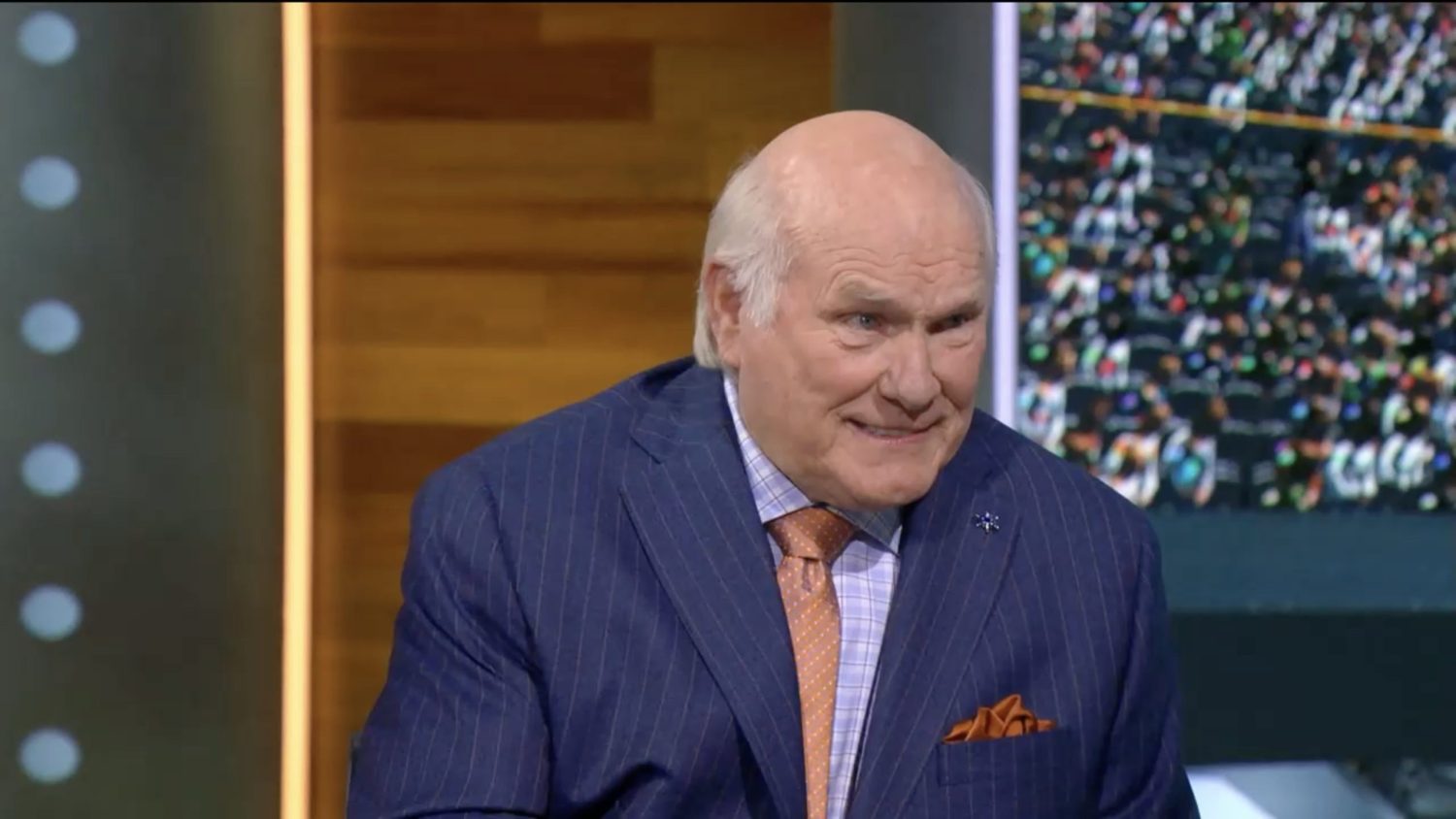Terry Bradshaw, a legendary figure in football and broadcasting, recently raised eyebrows and chuckled in a recent podcast appearance regarding Tom Brady’s substantial contract with Fox as their lead NFL analyst. Bradshaw’s comments spark a conversation about the evolving economics of sports broadcasting and the perceived value of different on-air personalities. As the media landscape shifts, the financial disparities between seasoned veterans and new, high-profile additions like Brady become increasingly noteworthy. This article delves into Bradshaw’s remarks, the context of Fox’s broadcasting investments, and the broader implications for talent compensation in sports media.
Bradshaw’s Remarks on Brady’s Contract
During an episode of the To The Point – Home Services Podcast, Terry Bradshaw openly pondered the financial dynamics at Fox, given Tom Brady’s massive $37 million-a-year contract. Bradshaw humorously alluded to the potential difficulty in securing a raise for himself, considering the significant investment in Brady. This light-hearted yet pointed observation underscores the changing landscape of sports broadcasting, where networks are willing to spend unprecedented sums for premier talent.
“I guarantee you, if I go in there and ask for a raise, ‘Well, we don’t have any…we’re running a little tight.’ Well, you just paid Tom Brady $37 million a year. I’ll take it. I did some bad deals, that’s what it was.”
Bradshaw’s candidness reflects a sentiment that may resonate with many established broadcasters who have witnessed the influx of highly-paid newcomers. The comment also underscores Bradshaw’s self-deprecating humor, a trait that has endeared him to audiences for decades.
Super Bowl Viewership and Fox’s Revenue
Bradshaw also highlighted the impressive viewership numbers from the recent Super Bowl broadcast on Fox, noting that it was the largest in history with 126 million viewers. He emphasized the substantial audience for the pregame show, which averaged 28 million viewers over five hours. These figures underline the immense revenue potential that NFL broadcasts generate for networks like Fox, justifying their willingness to invest heavily in on-air talent.
The substantial revenue generated from events like the Super Bowl allows networks to allocate significant funds to secure top-tier analysts and commentators. Tom Brady’s contract is a prime example of this trend, as Fox aims to capitalize on his star power and insights to attract and retain viewers.
Bradshaw’s Value to Fox NFL Sunday
Bradshaw has been a cornerstone of Fox NFL Sunday for 31 years, making him a familiar and beloved face for football fans. His longevity and rapport with viewers provide Fox with a consistent and reliable presence. While Bradshaw acknowledges Brady’s unique appeal, he also suggests that his own contributions to the pregame show are a significant draw for audiences.
There is an argument to be made that Bradshaw’s antics and commentary are just as, if not more, compelling to some viewers than Brady’s game analysis. Bradshaw’s value extends beyond mere analysis; he provides entertainment and a sense of nostalgia that resonates with long-time NFL fans.
The Widening Salary Gap
Bradshaw’s comments indirectly address the widening salary gap between established sports broadcasters and newly-recruited stars like Brady. While he doesn’t explicitly express resentment, his remarks hint at the disparity in compensation and the potential undervaluation of long-term contributors.
The influx of lucrative contracts for high-profile personalities has raised questions about the sustainability of this model and whether networks are adequately compensating the talent that has consistently delivered value over the years. It’s a delicate balance between attracting new audiences and retaining the loyalty of existing viewers.
Connecting with the Common Viewer
Bradshaw’s quip about discussing his salary concerns with a room full of plumbers adds a layer of relatability to the conversation. It underscores the disconnect between the multi-million-dollar world of sports broadcasting and the everyday financial realities of most viewers. This acknowledgement of the common viewer helps to humanize Bradshaw and make his observations more accessible.
By juxtaposing his own financial status with that of ordinary workers, Bradshaw highlights the extraordinary sums being spent on sports broadcasting talent. This comparison serves to emphasize the magnitude of Brady’s contract and the implications for the broader media landscape.
Conclusion: The Evolving Economics of Sports Broadcasting
Terry Bradshaw’s candid remarks about Tom Brady’s Fox contract offer a glimpse into the evolving economics of sports broadcasting. As networks compete for viewers and revenue, they are increasingly willing to invest heavily in star power and marquee names. While this trend can bring fresh perspectives and attract new audiences, it also raises questions about the value and compensation of established talent.
Bradshaw’s comments serve as a reminder of the importance of balancing financial investments with the recognition of long-term contributions. As the sports media landscape continues to evolve, it will be crucial for networks to find a sustainable model that fairly compensates all talent while delivering compelling content to viewers. The dynamics between seasoned veterans and new recruits will undoubtedly continue to shape the future of sports broadcasting.

Leave a Reply